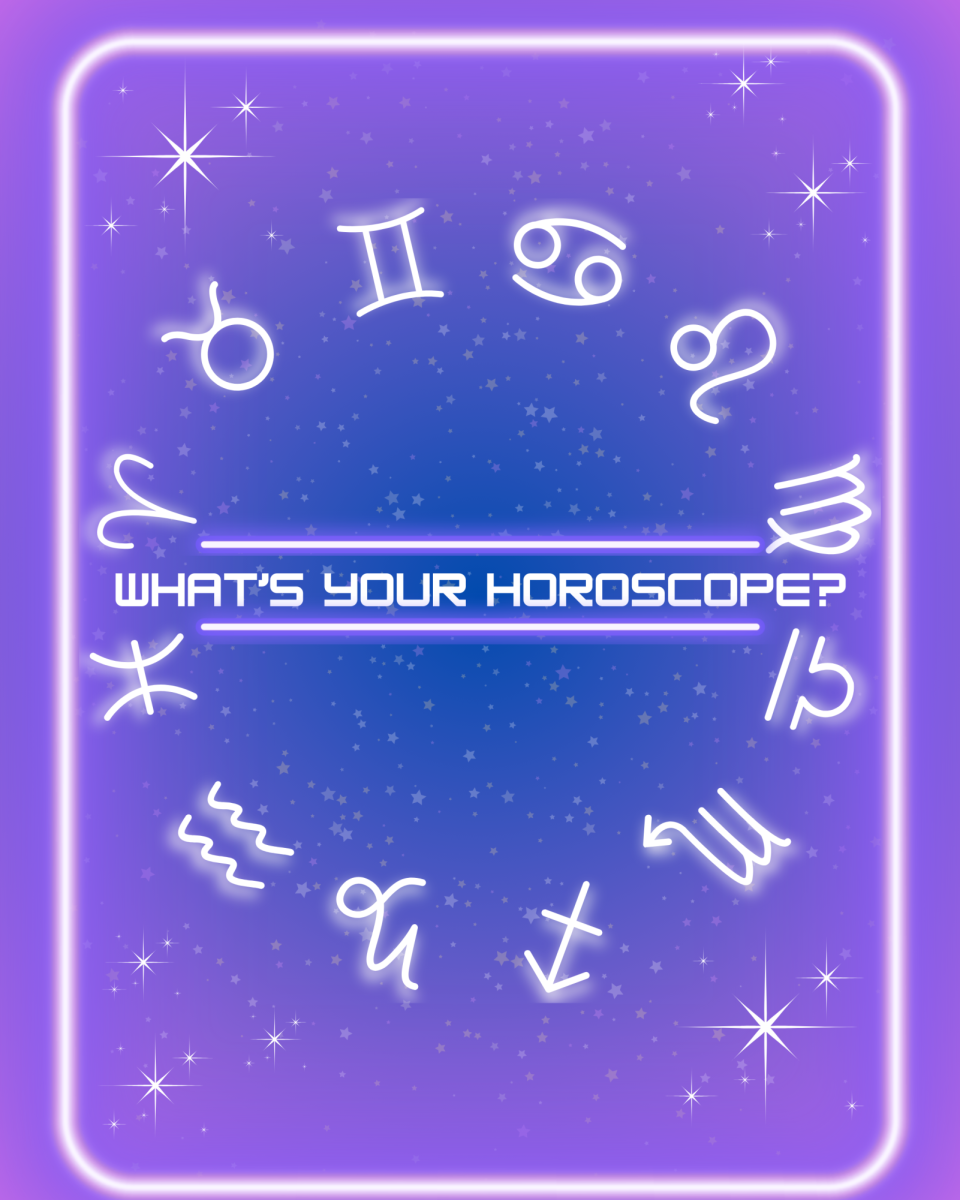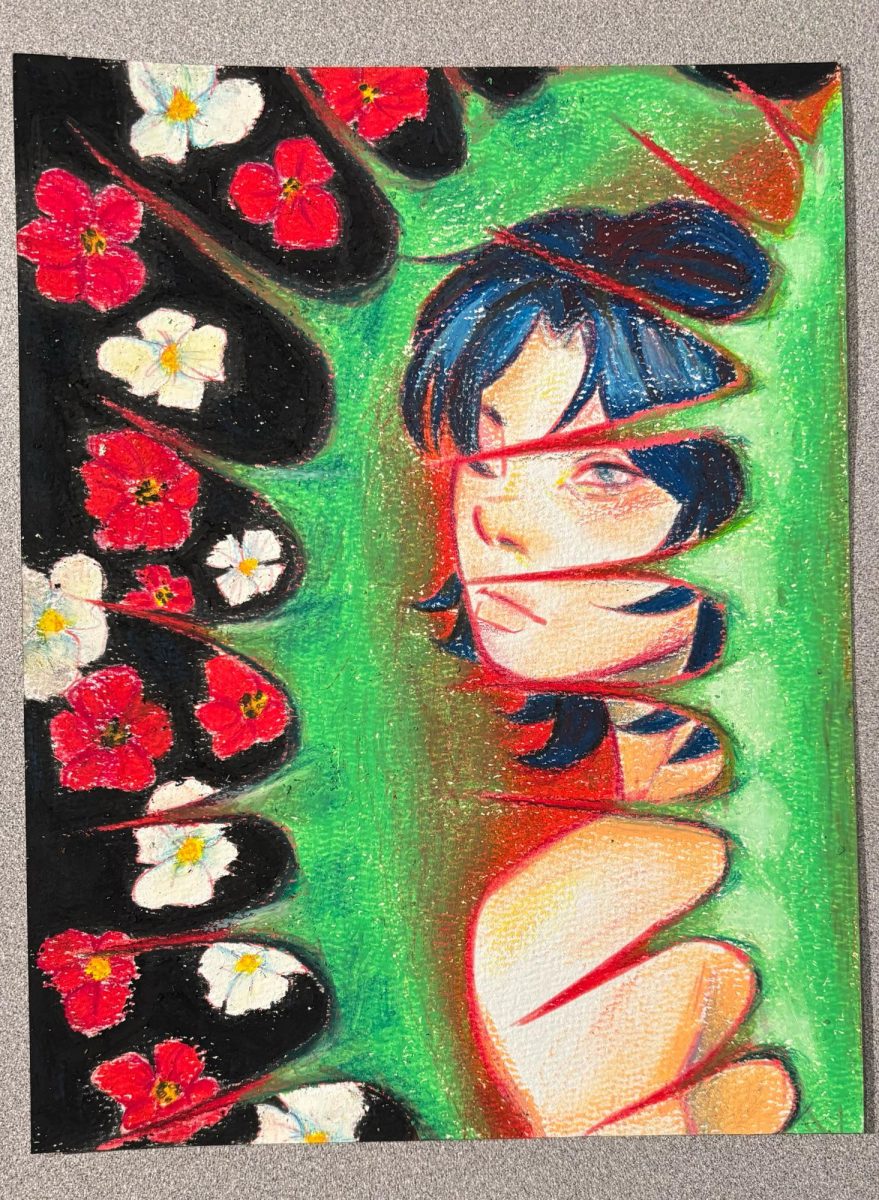The Disney+ TV show, “American Born Chinese,” was released on May 24, 2023 to widespread success. Created by Kelvin Yu, the show is an adaptation of Gene Luen Yang’s 2006 graphic novel of the same name. “American Born Chinese” masterfully alludes to aspects of the graphic novel, but falls short in integrating the graphic novel’s themes with the action on screen.
The show includes similar story lines as the graphic novel, focusing on Jin Wang (Ben Wang), who is a sophomore in high school struggling to find his place amongst his popular soccer teammates, especially when his principal requires him to befriend awkward exchange student Wei-Chen (Jimmy Liu). Though initially averse to Wei-Chen’s dorkiness, Jin eventually connects with Wei-Chen through a shared love of comics. Jin soon discovers that Wei-Chen is the son of the Monkey King (Daniel Wu), an important figure in Chinese mythology, and that Wei-Chen requires Jin’s help as a guide to protect the Fourth Scroll from Niu Mowang, the Bull Demon (Leonard Wu).
As the story builds throughout multiple episodes, the producers include many references from the graphic novel. These are as small as Wei-Chen’s nerdy “Robo-Happy” shirt, which gives him important characterization, or the divorced science teacher who compares his wife to a monkey, which provides some humor. Such details honor the graphic novel while allowing the show to take important creative liberties.
As expected from Michelle Yeoh and Ke Huy Quan, who play Guanyin and Freddy Wong, respectively, the acting is top-notch. This is true of the other cast members as well, who perfectly portray teen awkwardness and the dramatic emotions involved in such a high-stakes quest, while avoiding melodrama. Chin Hann and Yeo Yann Yann, who play Jin’s parents, are especially amazing at conveying more subdued emotions as their characters wrestle with marriage problems.
In addition, the show does an excellent job of handling Freddy Wong’s story line. Freddy Wong is a character adapted from a character who, in the graphic novel, is intentionally written as a racist caricature of Chinese culture to critique such harmful stereotypes. Yang, the author of American Born Chinese, previously expressed concern over how American Born Chinese would be adapted for the big screen.
“I was always worried that that cousin character that you’re talking about….would show up on YouTube as these disembodied clips, you know, decontextualized. And that would be the exact opposite of what I was trying to do in the book,” Yang said to PBS.
In the show, Freddy Wong is a character on a sitcom, who is constantly made fun of with casual racism; to explicitly critique the portrayal of Freddy, the writers of the show ultimately reveal Jamie Yao–the actor behind Freddy Wong, who plays him on the sitcom and opens discussions about the harmful effects of Freddy. In doing so, the audience sees that Freddy Wong is dehumanized by outside forces. Yao is the person attempting to break away from the stereotypes others have about him.
The development of Freddy Wong’s story line is a perfect example of the way the show expands the symbolism in the graphic novel to better suit TV. Yet at other points, the show falls short of the intricate symbolism of the graphic novel.
For example, the Monkey King is given an entire backstory in the graphic novel, which tells of his insecurities and his desire to prove himself as a true deity to the other gods. This symbolically mirrors Jin’s journey in feeling insecure and wanting to prove himself to the popular kids. However, in the show, the Monkey King’s only backstory is to explain who Niu Mowang, the antagonist is–an antagonist in the show, but not in the book.
For a TV adaptation, the inclusion of Niu Mowang makes sense in causing greater external conflict and therefore entertainment. However, the lack of a symbolic backstory for the Monkey King characterizes him as just another mythological figure, causing the show to seem like a generic action adventure instead of the societal commentary the graphic novel is.
Additionally, the show introduces characters and events that were not in the graphic novel. In the show, Jin has another friend, Anuj, rather than just Wei-Chen. Anuj and Wei-Chen are very different people, so Anuj is not redundant to the plot. Even still, the show focuses energy on Anuj and Jin’s friendship over the existing symbolism in the graphic novel.
The friendship would’ve been more impactful to the story if it had replaced the existing symbolism in the graphic novel–the show is, after all, an adaptation. But instead, the friendship exists alongside symbolism from the graphic novel. The result is a disconnected and inconsistently developed theme.
Overall, though the show fails to streamline the symbolism and graphic novel references, “American Born Chinese” does pay important homage to the graphic novel. For people looking for a fun, fast-paced action show, Disney+’s “American Born Chinese” is the perfect recommendation.













